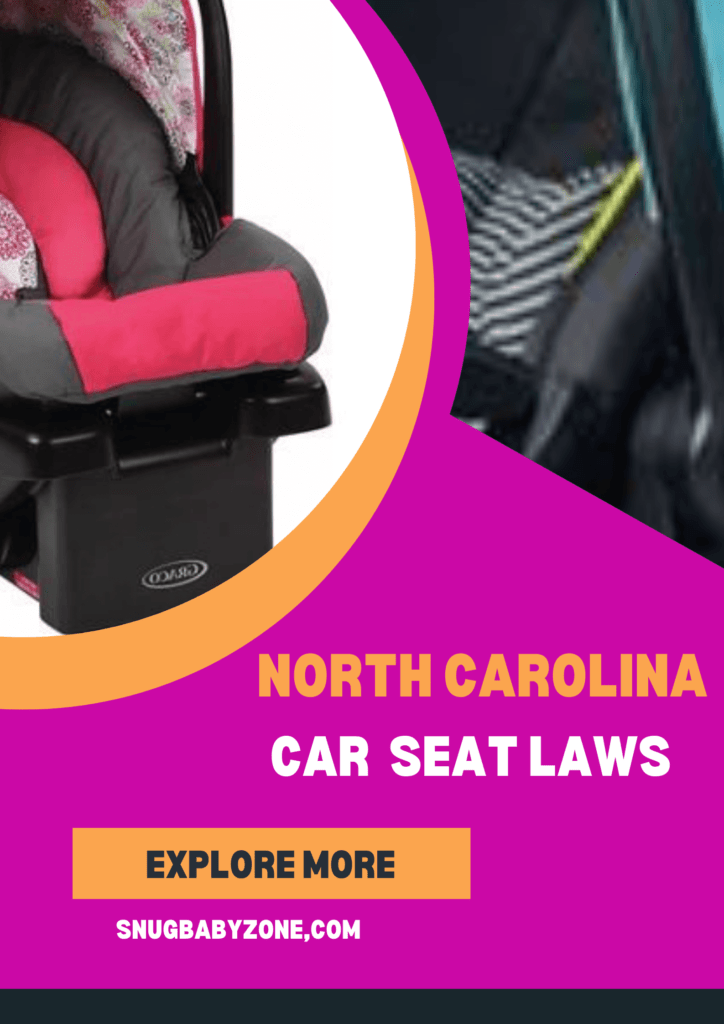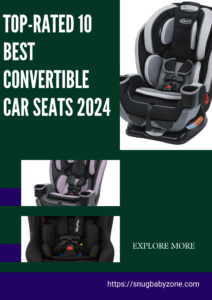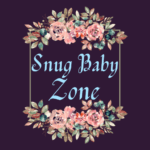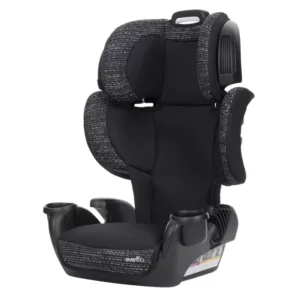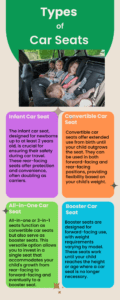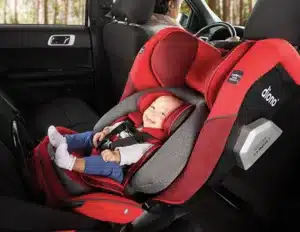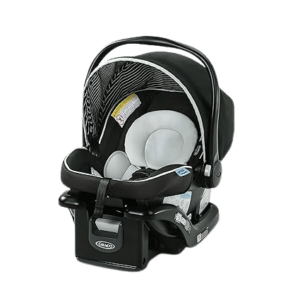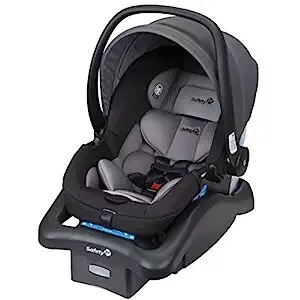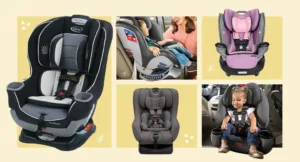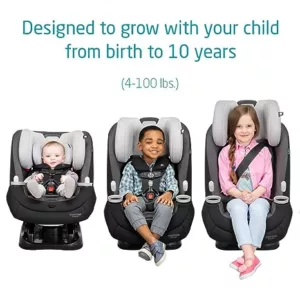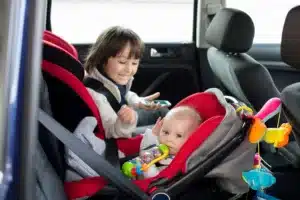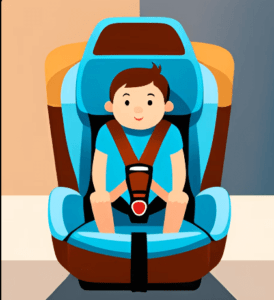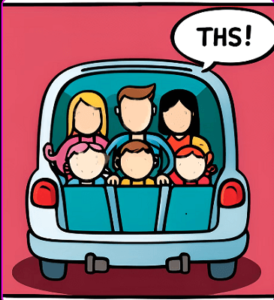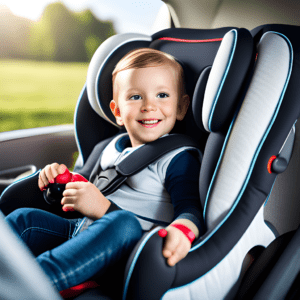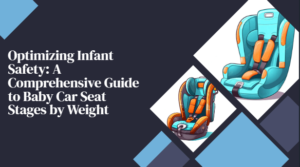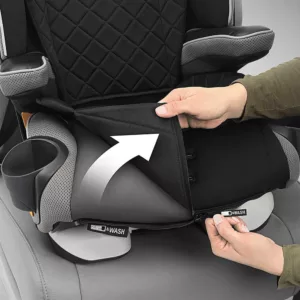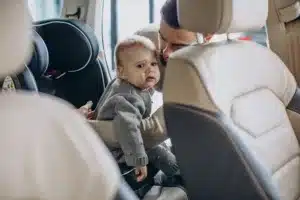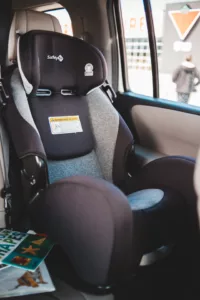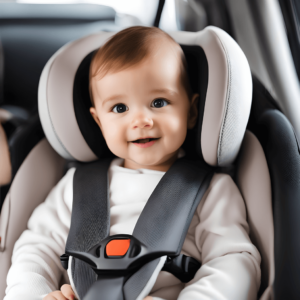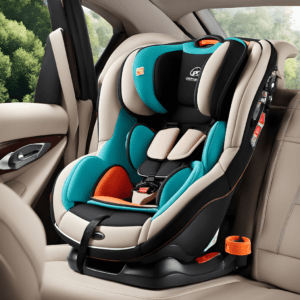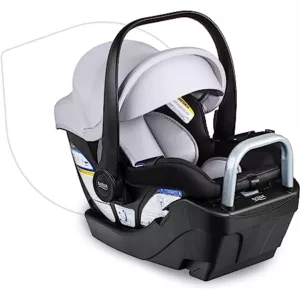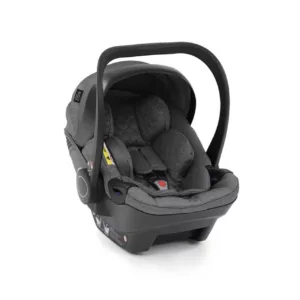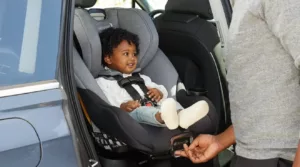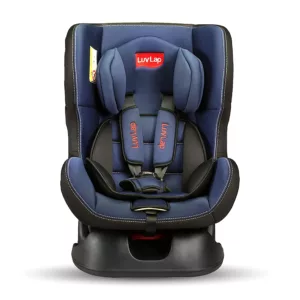North Carolina Car Seat Laws – Ensuring Child Safety on the Road
As parents, our top priority is the safety of our children, especially when it comes to travelling in a vehicle. In North Carolina, the importance of adhering to car seat laws cannot be overstated. These regulations are in place to protect our little ones, ensuring their safety and well-being during every journey. In this blog post, we will delve into the details of North Carolina car seat laws, providing you with valuable information and persuasive insights to help you make informed decisions and keep your child secure on the road. Let’s explore the key requirements and guidelines that every parent should be aware of regarding North Carolina car seat laws. Remember, ensuring our children’s safety is a responsibility we cannot afford to overlook.
Thank you for reading this post, don't forget to subscribe!Ensuring the safety of young passengers on North Carolina roads is paramount for parents, grandparents, and caregivers. Child safety seat laws, governed by the Department of Transportation, play a crucial role in protecting our most precious passengers. Let’s delve into the specifics of North Carolina’s child safety seat laws, understand their significance, and explore the consequences of non-compliance.
Understanding the Importance of Child Restraints
The American Academy of Paediatrics underscores the necessity of using child restraints in motor vehicles. Their utilisation has been proven to significantly reduce the risk of death and injury for infants and young children involved in vehicular accidents. Studies indicate reductions in death risk ranging from 45% for children aged four to eight, to an astounding 71% for infants.
Table of Contents
ToggleDeciphering North Carolina’s Laws
North Carolina’s child safety seat laws mandate specific requirements for the type of safety seat to be used, considering the age and weight of the child:
Infants – North Carolina Car Seat Laws:
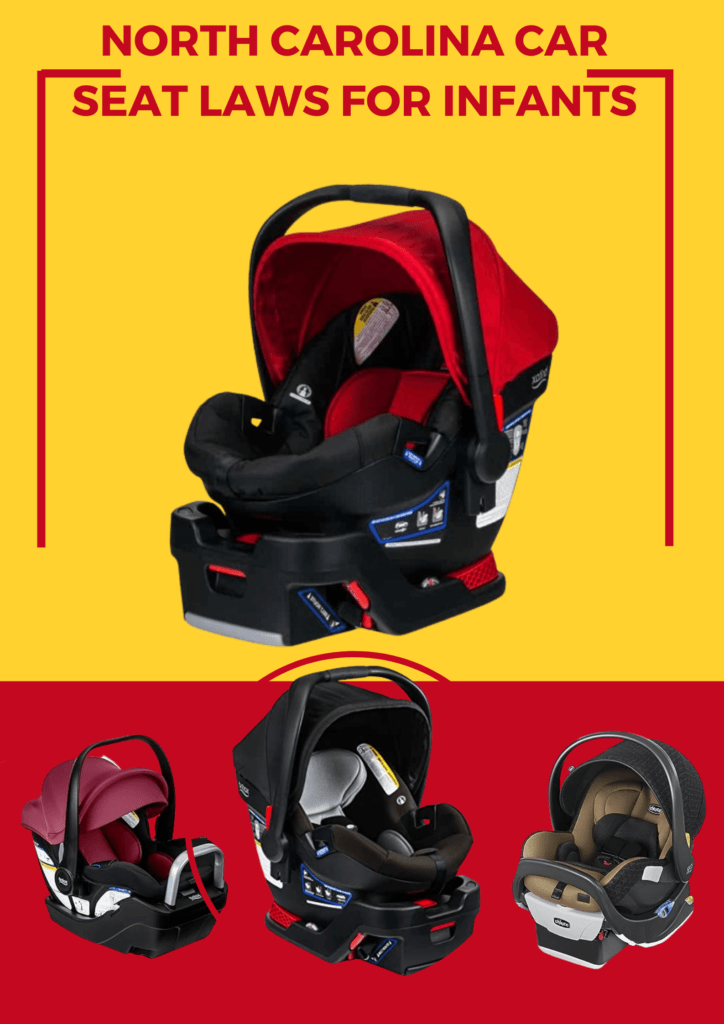
Infants must always ride in rear-facing car seats positioned in the back seats of vehicles. Children aged three or younger, or weighing 39 pounds or less, who have outgrown rear-facing seats should also be placed in the back seat of the car in their car seats. Exceptions apply if there is no front airbag on the passenger side or if it can be deactivated.
Recommendations:
The AAP advocates for keeping infants in rear-facing seats until they reach the maximum height and weight limits for those seats, typically around the age of two. Similarly, toddlers in five-point harness car seats should remain in these restraints until they surpass the size limits.
Booster Seat Transition:
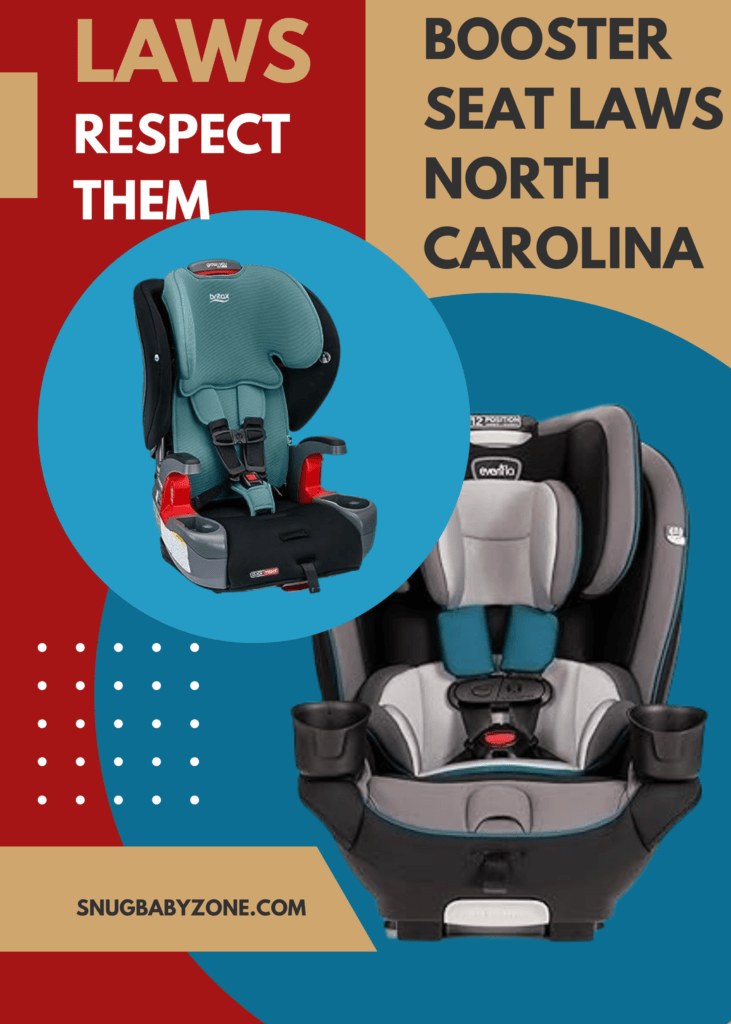
An often misunderstood aspect is the transition out of booster seats. Children aged seven or younger and weighing 79 pounds or less require a booster seat. Those at least eight years old or weighing at least 80 pounds may be allowed to ride without one.
Consequences of Non-Compliance:
The North Carolina Department of Safety enforces child safety seat laws rigorously. Violators may face fines of up to $25 and two points on their driver’s license record. Understanding and adhering to these laws are imperative for young passengers’ safety and evading legal repercussions.
Conclusion: Prioritising Child Safety on North Carolina’s Roads
North Carolina seat laws are not mere regulations but vital safeguards for our children’s lives. Comprehending and abiding by these laws are not only legal obligations but essential steps in ensuring the well-being of young passengers. In an accident involving a child, seeking legal counsel is crucial to understanding one’s rights and options for seeking compensation. Let’s collectively prioritise child safety on North Carolina’s roads for a safer tomorrow.
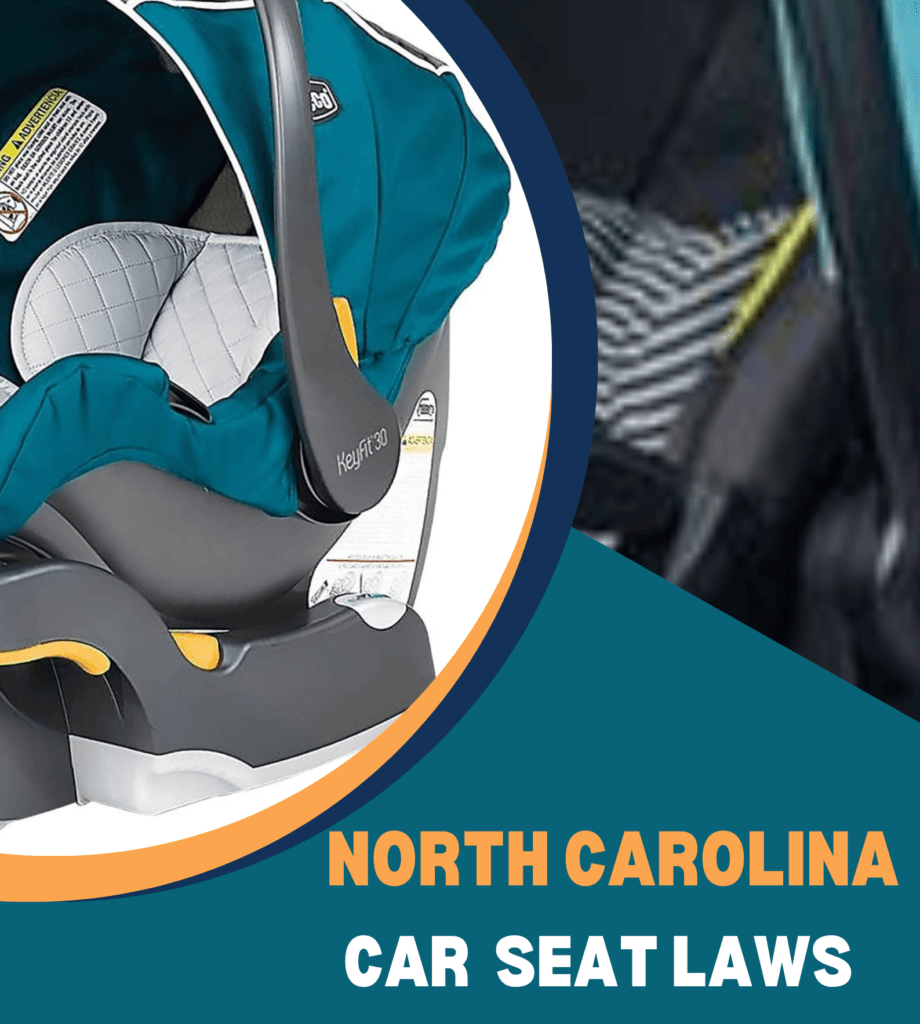
Frequently Asked Questions:
What are the specific requirements for child safety seats in North Carolina?
- In North Carolina, child safety seat laws require infants to always ride in rear-facing car seats. Children under 8 and weighing less than 80 pounds must be secured in an appropriate child restraint system, such as a booster seat. All restraining devices must meet Federal Motor Vehicle Safety Standards (FMVSS).
At what age can my child transition from a rear-facing to a forward-facing car seat according to North Carolina law?
- The American Academy of Pediatrics recommends keeping infants in rear-facing seats until they reach the maximum height and weight limits specified by the manufacturer. Generally, this transition occurs around the age of two.
Are there any exceptions to the booster seat laws in North Carolina?
- Yes, there are exceptions. If a child is at least eight years old or weighs 80 pounds, they may be allowed to ride without a booster seat. However, it’s essential to ensure the child is properly restrained with a seat belt.
What are the penalties for violating North Carolina Car Seat Laws?
- Violating North Carolina Car Seat Laws may result in fines of up to $25 and two points on a driver’s license record.
Can my child ride in the front seat if there is no rear seat in the vehicle?
- Children can ride in the front passenger seat if a vehicle has no rear seat. However, it’s crucial to ensure the child is properly restrained and meets front-seat passengers’ age and weight requirements.
Do car and booster seats need to meet specific safety standards in North Carolina?
- All restraining devices, including child car seats and booster seats, must meet Federal Motor Vehicle Safety Standards (FMVSS) to ensure adequate protection during a crash.
Are there any guidelines for properly installing and securing child safety seats in vehicles according to North Carolina regulations?
- Yes, it’s essential to carefully follow the manufacturer’s instructions for installing and securing child safety seats. North Carolina’s Department of Transportation also provides guidelines and resources to help parents and caregivers ensure that child safety seats are properly installed and used.
Related Resource:
